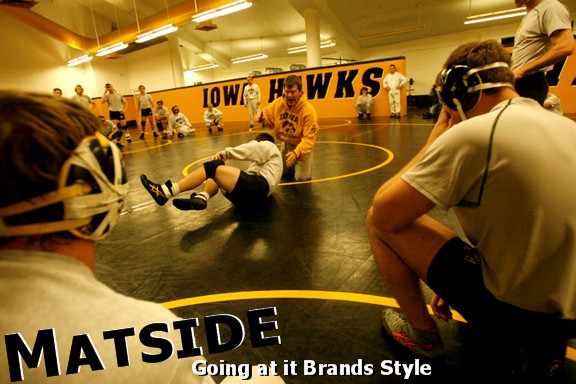With money at the heart of the issue, players and owners became that set of divorced parents, stubbornly fighting for child custody.
There was no other choice than for the players to go on strike. And so they did. The baseball season ended in August of 1994 and there was no World Series for the first time in ninety years.
The issues that lead to the strike didn't spring up out of no where. It was a building process, or more accurately a falling one. The relationship between the two sides (players and owners) simply, wasn't there.
Even when reasonable offers were made, neither side would budge. No compromising would take place, and the season would come to a short-lived close.
Could it have been avoided though? If owners and players had not faltered decades earlier, when free agency was being compromised maybe things would be different. Then, when issues such as the salary cap came around, both sides would have taken less stubborn stances, especially considering the '94 season.
In the book Lords of the Realm, John Helyar states, "It featured some of the most stunning performances seen in years." And he then goes on to list the amount of homeruns scored by players such as Matt Williams and Ken Griffey Jr. and the stats being held by great hitters such as Tony Gwynn and Ted Williams.
But no one can go back and change the past. Helyar also writes, "Who cared about how long-deceased owners had done Marvin Miller wrong? 'They wanted to go back to what was done wrong in 1976,' said Drayton McLane. 'You can learn from history and all, but we need to deal with where the game is at today, in 1994.'"
With no way of going back and a no-go from the players on a salary cap, the strike persisted. The problem with the salary cap was that players didn't feel they'd have that guaranteed spot and their salaries could be cut.
Revenue sharing was idealized, but it didn't matter what possible solutions were proposed, no one was willing to budge. Revenue sharing would have put tax on those teams with a larger income, which would go towards the small market teams to even out the money spent and to ensure that the competition would remain at the same level.
So between the salary cap and revenue sharing there was no logical negotiations at this point because of the fact that the relationship between the owners and players was already shot.
On top of all this - because the owners had fired Commisioner Fay Vincent there was no one to moderate the possible solutions between the two sides and ensure that a fair and professional decision was made.
If ever a divorced couple fighting a case goes to court with no judge, in the end, a compromise would never be made.
The strike was inevitable.
Subscribe to:
Post Comments (Atom)


No comments:
Post a Comment